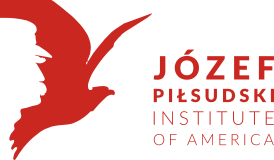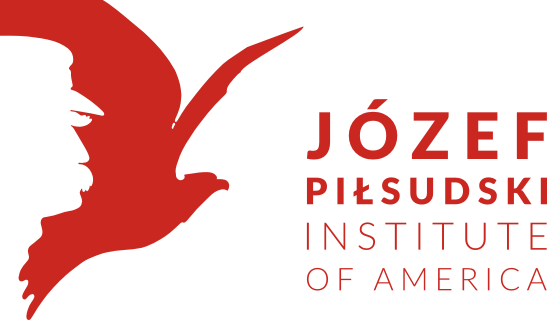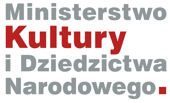![]() Panel "Wikipedia’s Role in Four Different Types of Librarianship". Wikiconference USA 2014. Photo Piotr Puchalski
Panel "Wikipedia’s Role in Four Different Types of Librarianship". Wikiconference USA 2014. Photo Piotr Puchalski
Wikiconference USA 2014 was held from Friday, May 30 to Sunday, June 1 2014 at New York Law School in Manhattan. The conference brought together U.S.-based Wikipedians who discussed current hot topics related to the Free Encyclopedia and its sister organizations in the Wikimedia Foundation. In addition to technical issues, training and a day dedicated to an “Unconference,” many sessions were devoted to topics of close interest to the GLAM institutions and educational organizations, such as the use of Wikipedia in academic courses, copyright, Wikiprojects and other forms of partnership with Wikipedia. Below are some reflections from parallel sessions that we participated in.
The first day of the conference resulted in many ideas for the development of the GLAM project of the Piłsudski Institute. During the session in which four different institutions presented their way of using Wikipedia, Natalie Milbrodt from the Queens Library shared her innovative idea of the " Edit-a-thon.” The “Edit-a-thon” is a gathering of people interested in a particular field, during which, on the basis of documents that a given institution has in possession, they write articles to Wikipedia, first having learned the basics of Wikipedia editing.
During the next session, we listened to a short lecture by Amanda Levendowski on the relationship between the U.S. legal system and Wikipedia, learning how to deal with the so-called "trolls " and about the use of Wikipedia articles in lawsuits in the United States.
In a parallel session, Lianna Davis of the Wiki Education Foundation talked about the mistakes (and lessons drawn therefrom) made in teaching courses with the use of Wikipedia. The Foundation has helped teach in 2011-2014 about 450 academic courses in which teachers took advantage of Wikipedia as a tool for instruction. The Foundation now has a sizable crowd of ' ambassadors ' who help teachers in organizing such courses. Jami Mathewson from the same foundation talked about the different forms that such courses can take and the experiences of both the students and Wikipedians.
On the second day of the conference, Rabimba Karanjai of the University of Texas at Dallas presented some ideas as to how professors and research institutions can encourage university students in the United States to engage in Wikipedia. Students could share their interpretations of the sources and literature used in writing their own work. After having been published in scientific journals, their original contribution in a given area could also be shared on Wikipedia. Researchers at the Institute could use Wikipedia as a forum for exchanging knowledge.
John Mark Ockerbloom from the University of Pennsylvania talked about his online tool that references library sources related to a given Wikipedia article. His tool, a part of the Forward to Libraries initiative, also allows making connections between libraries and an integrated online catalog as well as universalizing search words. Using this tool could enable the Institute to get more online traffic, especially among scholars and all individuals interested in our resources.
Digital rights were the topic of detailed discussion by Parker Hoggins of the Electronic Frontier Foundation. The author focused on the threats to the free movement of knowledge and culture that particularly affect Wikipedia. The current copyright protection in the U.S. and around the world expire 70 years after the author's death. Secret U.S. trade treaties, however, try to extend this period in some cases to up to 100 years or longer. The participants in the discussion showed a strong interest in the recent decision of the European court to grant the “right to be forgotten” to Google users as well as its consequences for Google and all Internet users.
In her keynote speech, Phoebe Ayers, a member of the Wikimedia Foundation, gave some statistical data that Wikipedia receives about its monthly readership of five hundred million readers. Today Wikipedia also has 31 million articles (including 4.5 million in English language and 1 million in Polish).
Our contribution to the conference was the presentation of the experience of the Piłsudski Institute’s partnership with Wikipedia in the panel The Role of Wikipedia in Four Different Types of Librarianship, alongside representatives from other New York GLAM institutions - Barnard College Library, Queens Library and the Frick Collection.
Piotr Puchalski and Marek Zieliński, June 3, 2014
Explore more blog items:
Do you GLAM?
METRO Annual Conference 2014
Why Digital?
Introduction to Linked Data









